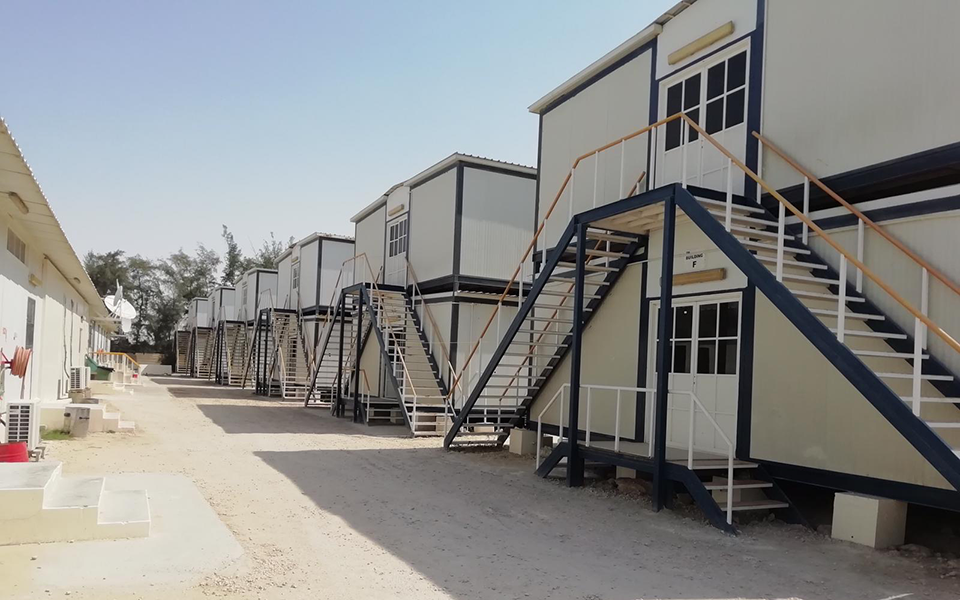Struggling with influx, Greece gets tough with asylum seekers

Greece will shut down overcrowded refugee camps on its outlying islands and replace them with more restrictive holding centers, authorities said on Wednesday.
Living conditions for thousands of people in camps on five Aegean islands have been decried by aid groups as appalling. The country is currently struggling with a resurgence in migrant and refugee arrivals.
Greece’s newly-elected conservative government has vowed to tighten its borders and clear away bottlenecks in asylum vetting procedures. Parliament approved tougher asylum guidelines this month.
Government spokesman Stelios Petsas said authorities would create “closed pre-departure centers,” which would make it easier to control the movements of asylum seekers and prevent them from slipping across to the mainland undetected.
“They cannot circulate in the country without restrictions, and because a clear message should be sent to those planning, or thinking of coming to the country illegally when they aren’t entitled to asylum,” he said.
“They should realize … if they give money to a trafficker to bring them to Greece they will lose it.”
The numbers of refugees and migrants arriving in Greece this year has been the highest since 2015-2016, when more than a million people fleeing conflict arrived in Europe, mainly using the sea route between Turkey and Greece.
The centers that will close include the notorious Moria camp on the island of Lesvos. Created to accommodate 3,000 people, more than 15,000 people are crammed into the facility. It will be replaced with a closed facility that will process new arrivals and people whose asylum applications were rejected.
Greek Deputy Defence Minister Alkiviadis Stefanis said authorities would also create a single agency tasked with border protection.
About 36,400 asylum seekers and refugees were being held in overcrowded camps on the Aegean islands close to Turkey as of Nov. 17, according to data from the United Nations refugee agency UNHCR.
Greek authorities say they hope to move up to 20,000 people to the mainland by the end of the year.
[Reuters]






